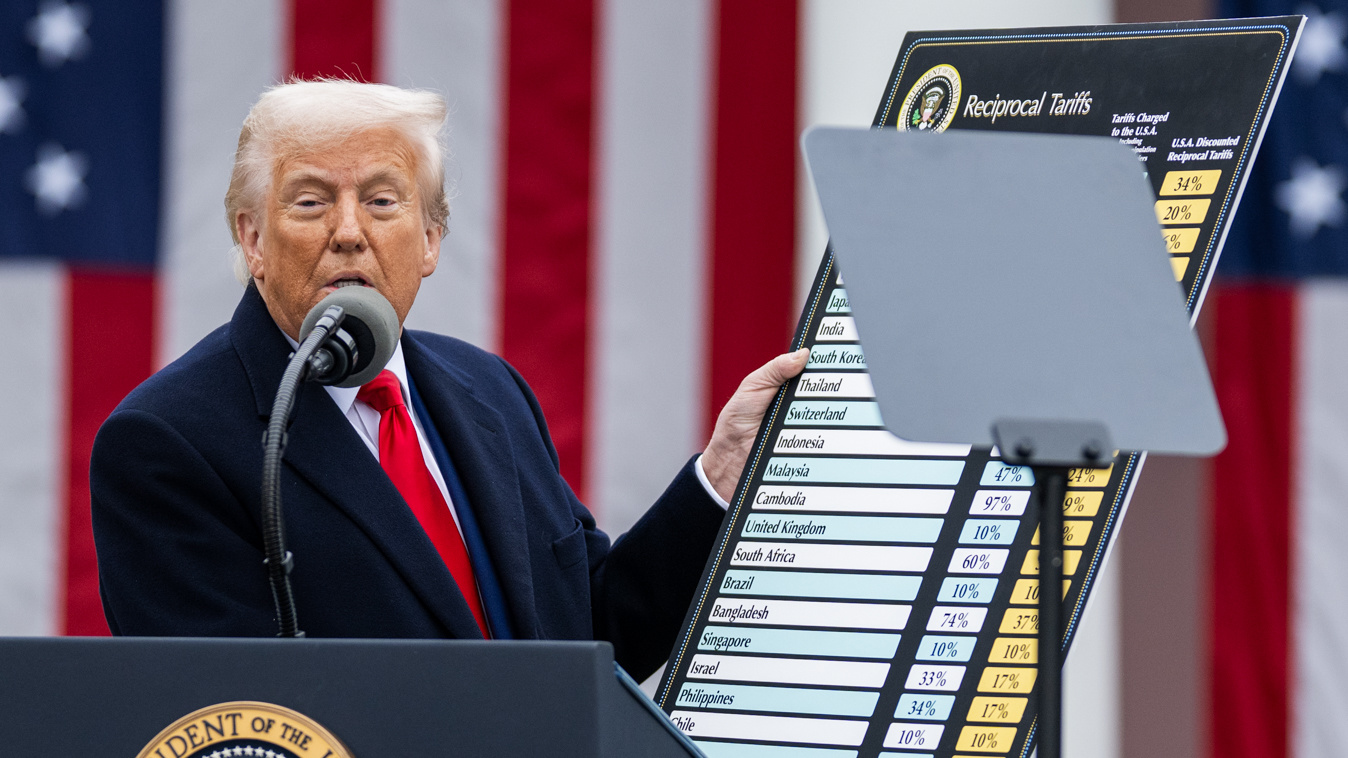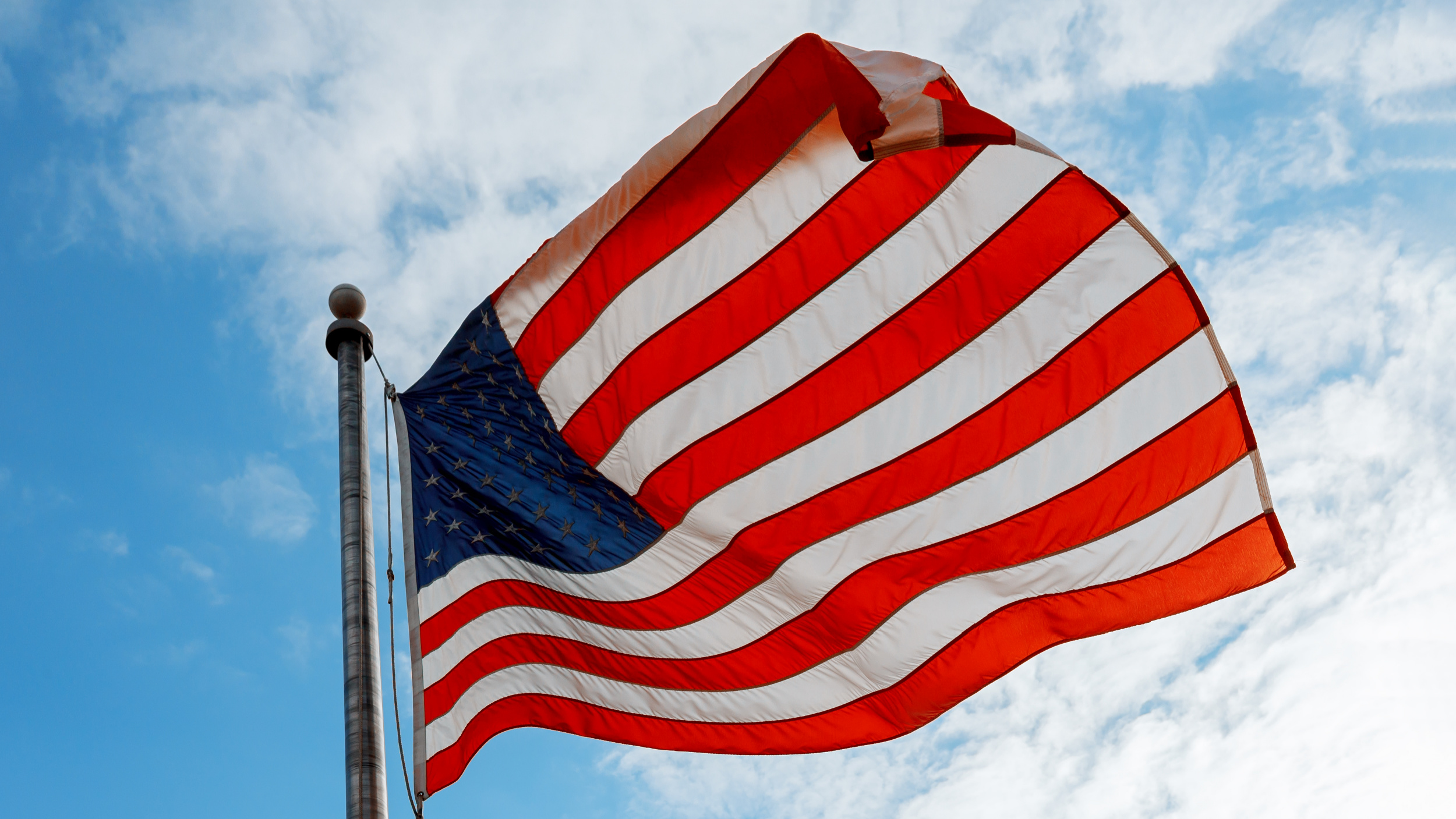Will Outsource Critical Import Security to Foreign Authorities
WASHINGTON, D.C. — The Coalition for a Prosperous America (CPA) today sharply criticized the Biden administration for issuing an 11th hour rule that would make two deeply flawed de minimis “pilot programs” into permanent customs regulations. These programs, which allow foreign e-commerce vendors to bypass U.S. customs processes, will continue to ensure that the de minimis loophole remains a flawed system that undermines American workers, businesses, and national security. CPA also called on the Trump administration to nullify the Biden rule and draft a new rule to eliminate de minimis.
In a notice jointly issued by the Department of Homeland Security and the Department of the Treasury, the outgoing Biden administration announced the conversion of U.S. Customs and Border Protection’s (CBP) controversial ‘Type 86 Test’ and ‘Section 321 Pilot’ into permanent entry pathways for de minimis shipments. These programs, originally designed as temporary measures, waive traditional customs requirements for shipments valued under $800, allowing foreign vendors to avoid tariffs, bypass safety regulations, and evade U.S. taxes.
De Minimis: A System in Crisis
CPA has extensively documented the failures of de minimis programs, including the staggering growth in unregulated shipments entering the U.S. under this threshold. In FY 2023 alone, over one billion de minimis shipments—78% of all such imports—were processed through the Type 86 Test and Section 321 Pilot programs. Felicia Pullman, CBP’s Executive Director of Trade Relations, revealed in November that the number of shipments surged by 40% in FY 2024 to over 1.4 billion, overwhelming CBP’s ability to manage them.
Despite these programs’ supposed “enhancements,” CBP has failed to enforce even the most basic statutory limitation on de minimis—one shipment per person, per day. These lax controls have turned de minimis into a massive loophole, exploited by foreign vendors to ship unregulated, untaxed goods directly to American consumers.
“The Biden administration is doubling down on failed policies that let China flood the U.S. market with unregulated goods while outsourcing critical security functions to foreign customs authorities,” said Zach Mottl, Chairman of CPA. “This decision hands China and other adversaries the keys to our market, jeopardizing the safety of American consumers and the integrity of our economic system.”
A Gift to Chinese E-Commerce Giants
The Section 321 Pilot, originally limited to companies like Amazon, eBay, and Zulily, was set to expire in August 2025. However, the Biden administration recently expanded it to include Shein, a controversial Chinese e-commerce platform criticized for its lack of transparency and compliance with U.S. laws. Similarly, the Type 86 Test allows overseas vendors to ship regulated goods such as cosmetics and auto parts into the U.S. without any physical presence, tariff obligations, or accountability under U.S. law.
“These programs empower judgment-proof foreign companies to flood the U.S. market with cheap, often dangerous goods, while American businesses are forced to play by the rules,” continued Mottl. “It’s a one-sided system that rewards bad actors at the expense of U.S. producers and consumers.”
A Dangerous Outsourcing of Security
Under the newly announced system, these programs will merge into a permanent customs entry process that replaces traditional Entry Summaries and bonds with “alternative data elements.” Alarmingly, these data elements include e-commerce URLs and foreign-issued shipment x-ray reports, effectively outsourcing critical security functions to overseas authorities.
“In a tacit admission that CBP cannot inspect the deluge of small packages arriving daily, the Biden administration is now relying on foreign customs agencies to police imports to the U.S. instead of taking the necessary action to close the de minimis loophole,” Mottl added. “This is a dangerous abdication of responsibility that leaves our supply chains and consumers vulnerable.”
CPA strongly urges the incoming Trump administration to prioritize closing the de minimis loophole and reversing these harmful policies. By restoring robust customs enforcement and holding foreign vendors accountable, the U.S. can protect its workers, consumers, and national security from the risks posed by unregulated imports.
# # #












